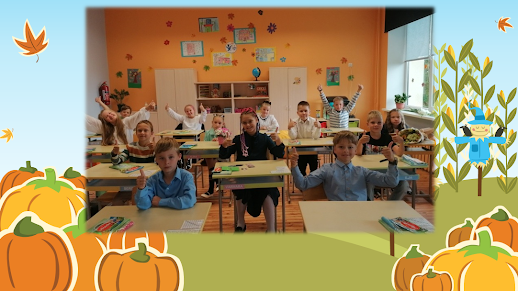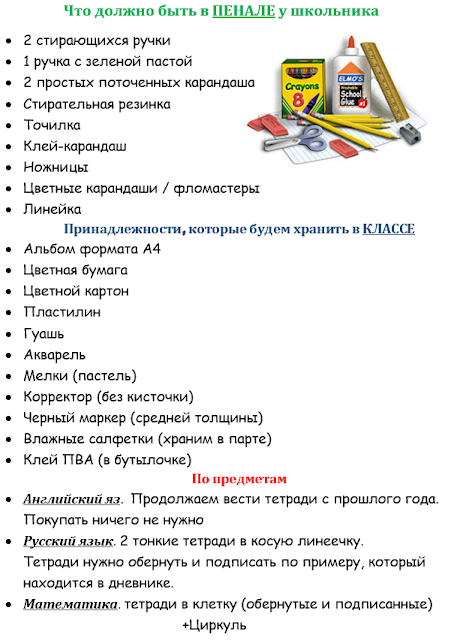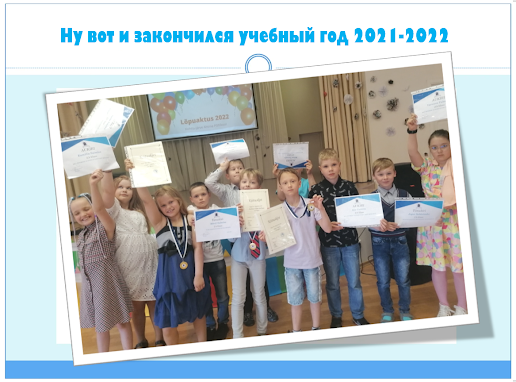Читаем про веселые приключения озорного и доброго мальчишки Тома и его друга Гекльберри Финна.
Wednesday, October 12, 2022
Saturday, September 3, 2022
Thursday, September 1, 2022
Thursday, August 25, 2022
Monday, August 22, 2022
Выдача учебников.
Выдача учебников и рабочих тетрадей
26.08 с 11.00-13.00 в библиотеке.
Не забудьте принести свой ученический билет!
Wednesday, June 15, 2022
Tuesday, June 14, 2022
Конец учебного года (2021-2022)
ДОРОГИЕ МОИ РЕБЯТА!
Вот и закончился очередной учебный год.
Я желаю вам провести замечательное лето!
Новых приключений!!!
Добрых друзей!!!!
Ярких впечатлений!!
Subscribe to:
Comments (Atom)
-
Читаем вместе с мамой книгу замечательного русского писателя Алексея Толстог о *Золотой ключик или приключения БУРАТИНО*
-
Для учеников 1-8 классов в среду 24 Марта пройдёт творческий день без интернета ЧЕМУ НАУЧИЛ МЕНЯ КАРОНАВИРУС План ...
-
Читаем про веселые приключения озорного и доброго мальчишки Тома и его друга Гекльберри Финна .




.gif)












